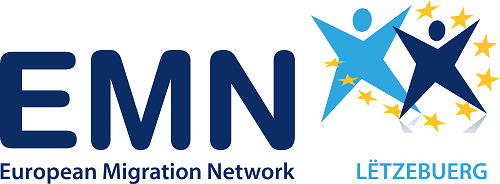
In recent years, the number of refugees and asylum seekers has been increasing globally. Many of these individuals have endured traumatic experiences due to events that occurred in their country of origin or on their way to Europe.
Therefor frontline workers (interpreters, educators, social workers, cleaning personnel, cultural mediators, security staff etc.), who provide support for various groups of clients i.e. applicants for international protection (AIPs), beneficiaries of international protection (BIPs), beneficiaries of temporary protection (BoTPs) are confronted with day-to-day challenges as well as past experiences of asylum seekers, which might affect reception workers’ well-being. This is even more true during any emergency, be it public health crisis, such as COVID-19, or increased influx of migrants (i.e. Ukraine war), as the past two years have clearly shown. Reception workers interact with asylum seekers on a daily basis on a multitude of topics and are responsible for their security, physical and mental well-being. They often have to deal with the trauma and frustrations of the AIPs, BIPs and BoTPs as well as being confronted with conflicts, tensions and sometimes personal safety risks. Hence, they are exposed to high risk of personal stress-levels and burnout, moral injury, depression, trauma, and other mental health challenges.
During the conference participants had an opportunity to learn about the Universal mental health training for frontline professionals, an educational program for frontline professionals developed in Ukraine.
As part of the conference agenda participants had a possibility to participate in a practical activity, moderated by one of the conference presenters Dr. Viktoriia Gorbunova, University of Luxembourg.
WHERE? Maison des Sciences Humaines, University of Luxembourg, room “Black Box”.
Work language of the conference: English

